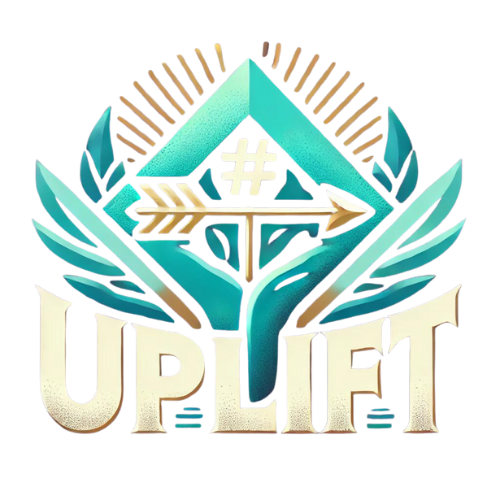
What Is Passover? How Is It Connected To Easter/Resurrection Sunday?
Share
Passover and Easter are two religious holidays that hold significant meanings for their respective cultures. For Jews, Passover commemorates their ancestors' liberation from slavery in Egypt, while Christians celebrate Easter as the resurrection of Jesus Christ. Although these holidays are distinct, they share a common history and message.
Passover has its roots in the biblical story of the Jewish people's exodus from Egypt, led by Moses. To escape Pharaoh's wrath, the Jews sacrificed a lamb and marked their doorposts with its blood so that the Angel of Death would "pass over" their homes. Today, Passover is celebrated by eating unleavened bread, bitter herbs, and a symbolic Passover meal called a Seder.
The connection between Passover and Easter lies in Jesus' Last Supper, which was a Passover meal. During the meal, Jesus broke bread and drank wine with his disciples, telling them that the bread represented his body and the wine represented his blood, which would be sacrificed for the forgiveness of sins. After Jesus' death and resurrection, his followers continued to celebrate the Last Supper as a remembrance of his sacrifice.
While both holidays share common themes of deliverance and sacrifice, they differ in their origins and focus. Passover is rooted in the history of the Jewish people, while Easter centers around the life and death of Jesus Christ. Passover emphasizes liberation from physical slavery, while Easter emphasizes liberation from spiritual slavery to sin.
In addition, certain symbols and practices associated with Easter, such as eggs and bunnies, were not originally part of the biblical account but were added over time as man-made traditions. While these traditions have become associated with secular culture, they are not inherently tied to the religious significance of Easter.
In summary, Passover and Easter are two holidays that hold immense significance for Jews and Christians, respectively. Both holidays share a common history and message of deliverance and sacrifice, but differ in their origins and focus. As we celebrate these holidays, let us reflect on their significance and the lessons they teach us about faith, freedom, and redemption.
